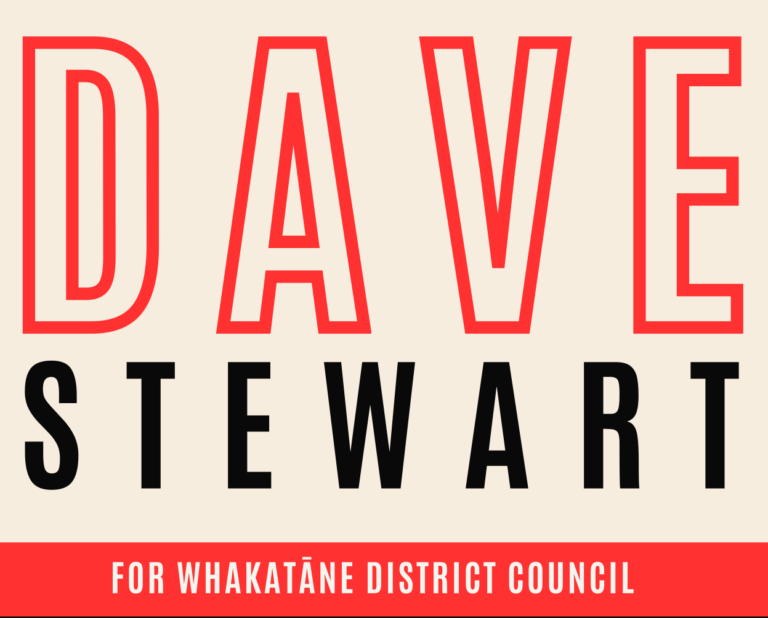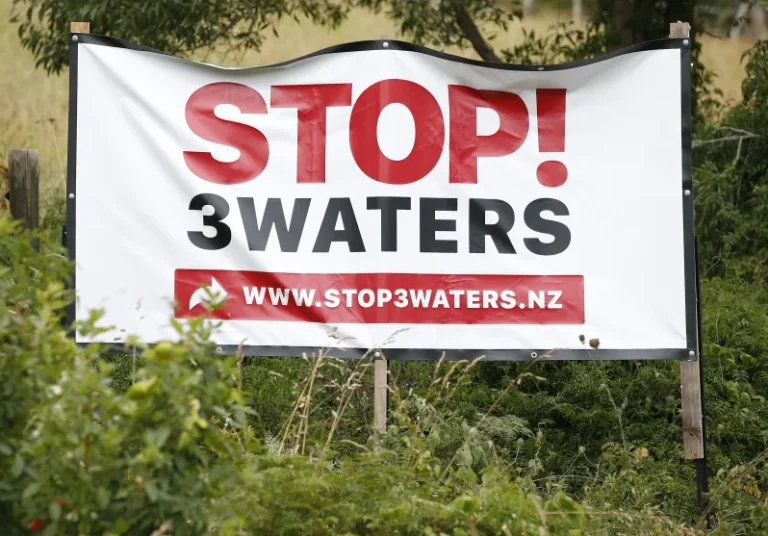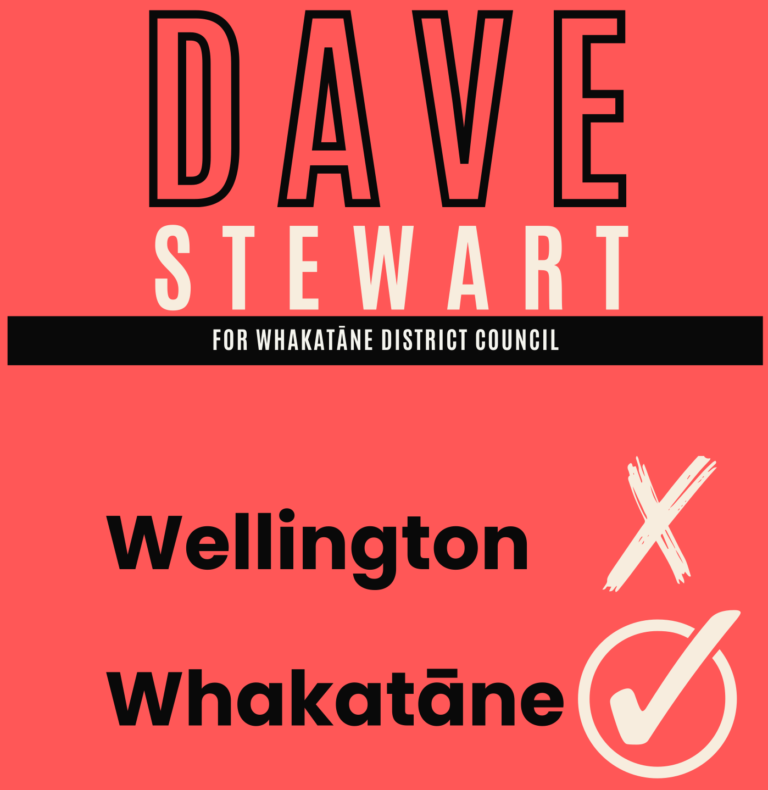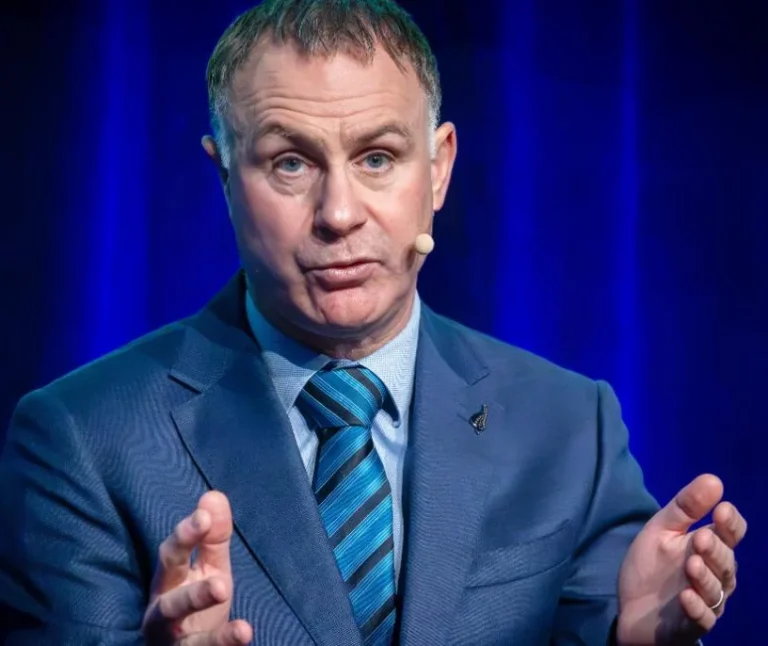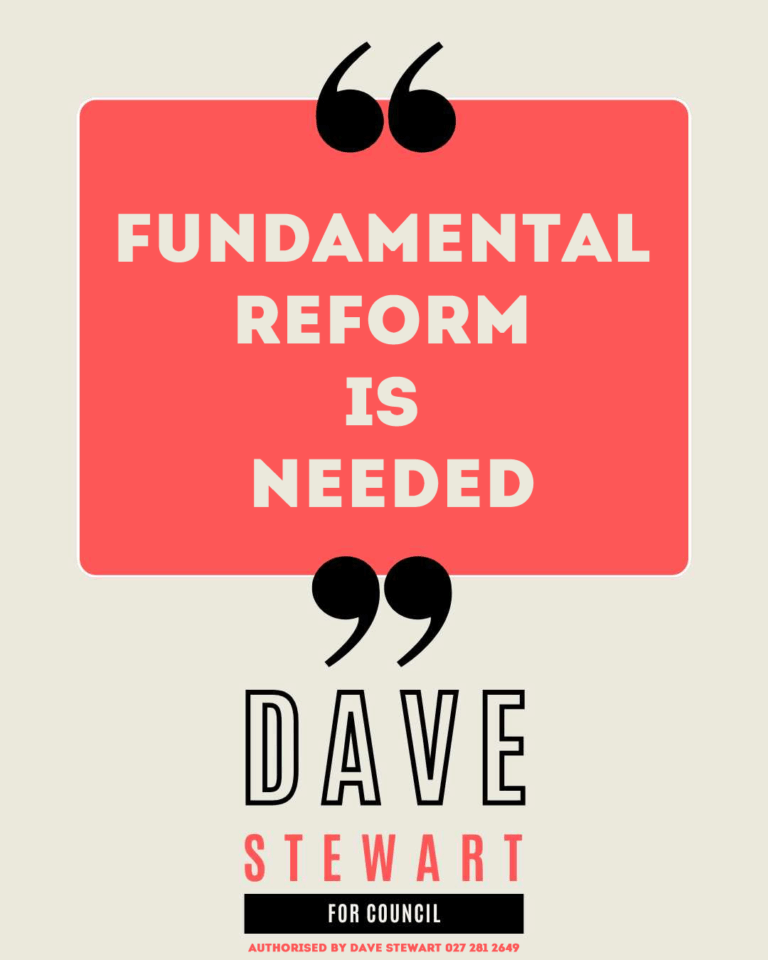Many councils will be delivering water services “in-house”, also limiting their debt-borrowing capacity.
Already the Department of Internal Affairs has sent letters to six councils asking they reconsider going it alone, and join with their neighbours.
But with the September 3 deadline approaching, the Government may instead be reaching for the stick.
Local Government Minister Simon Watts can appoint Crown facilitators or specialists to push councils towards forging regional entities.
This may mean the Government finds itself, to some degree, in the position Labour was — effectively compelling councils to work with their neighbours.
And it would be doing so after letting councils determine their own fate and, in a case like Stratford District Council in Taranaki, acting on the views of their constituents.
Essentially, the Government would be riding roughshod over local opinion.
Continue Reading
